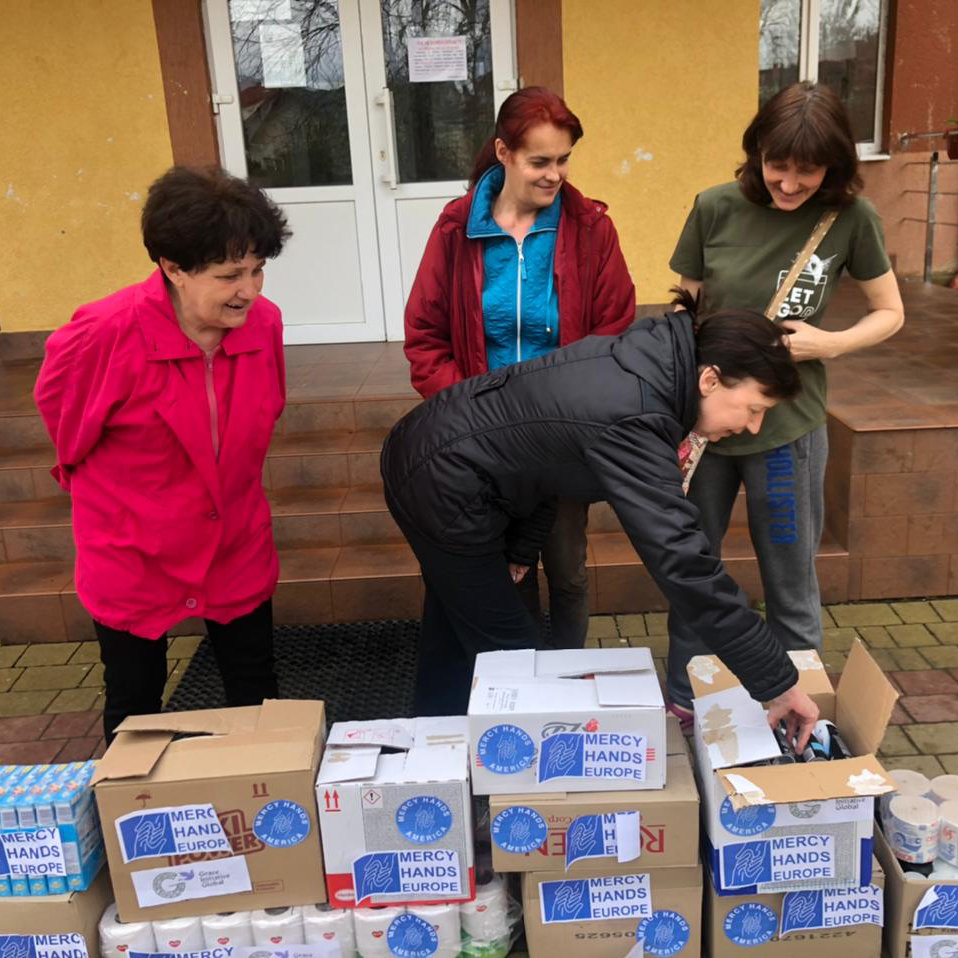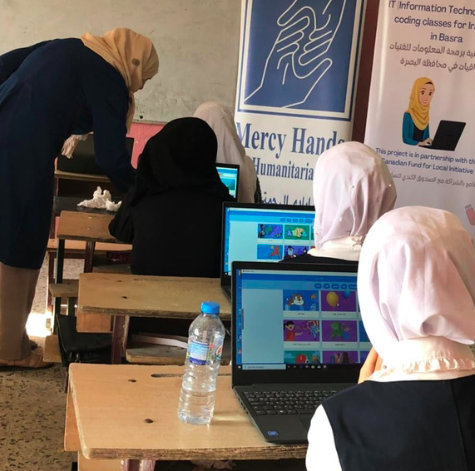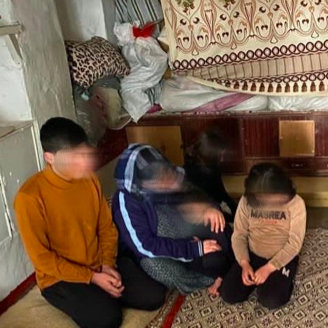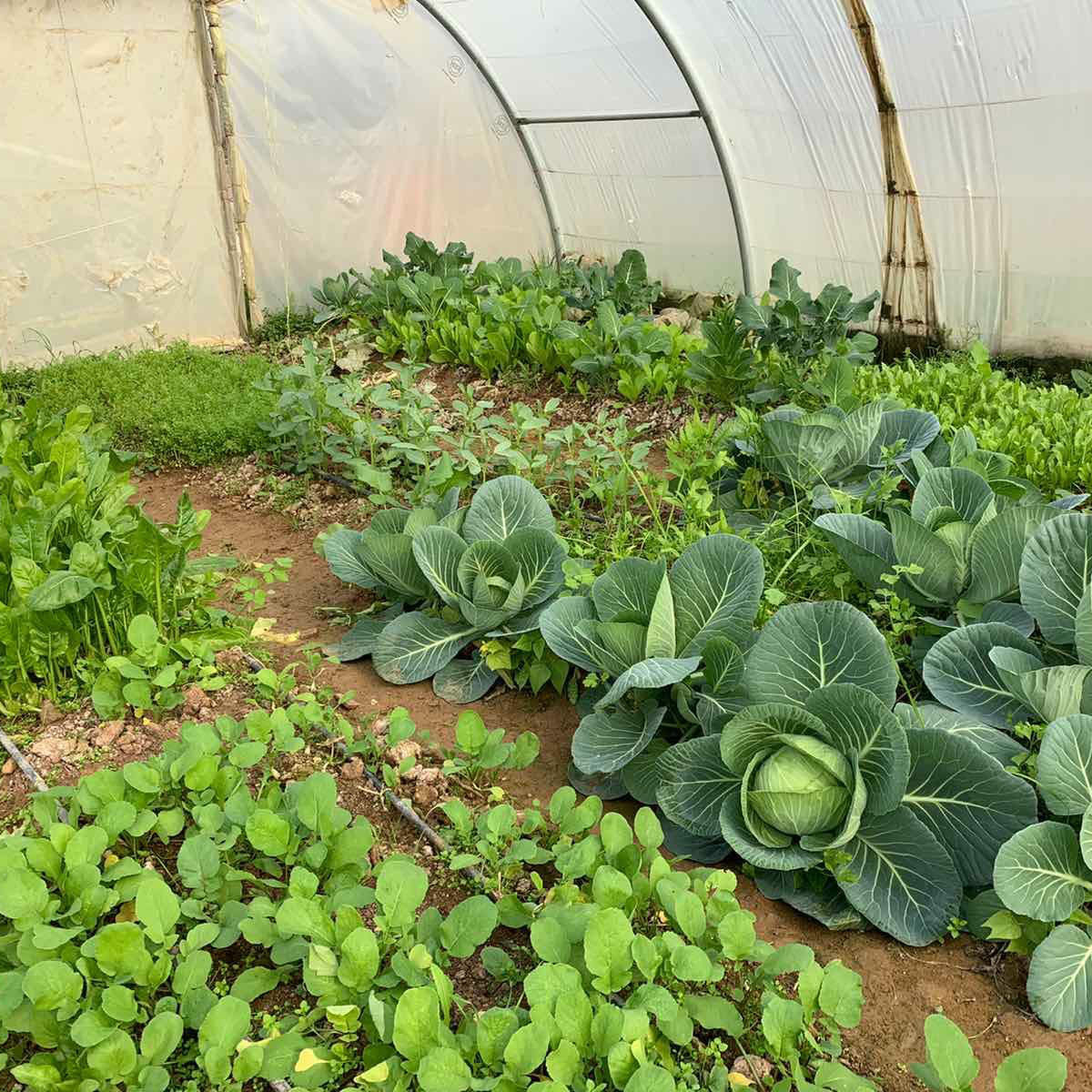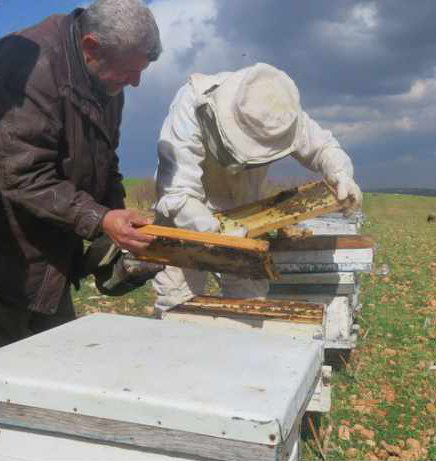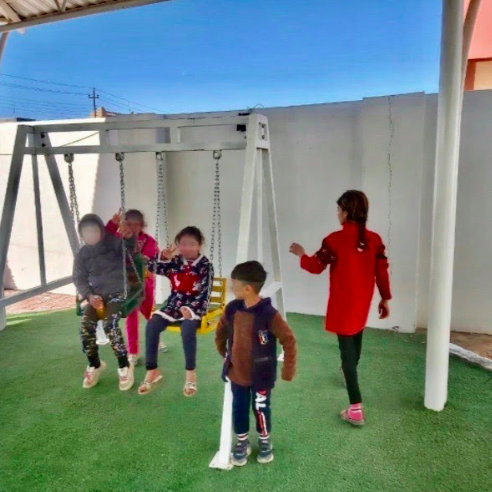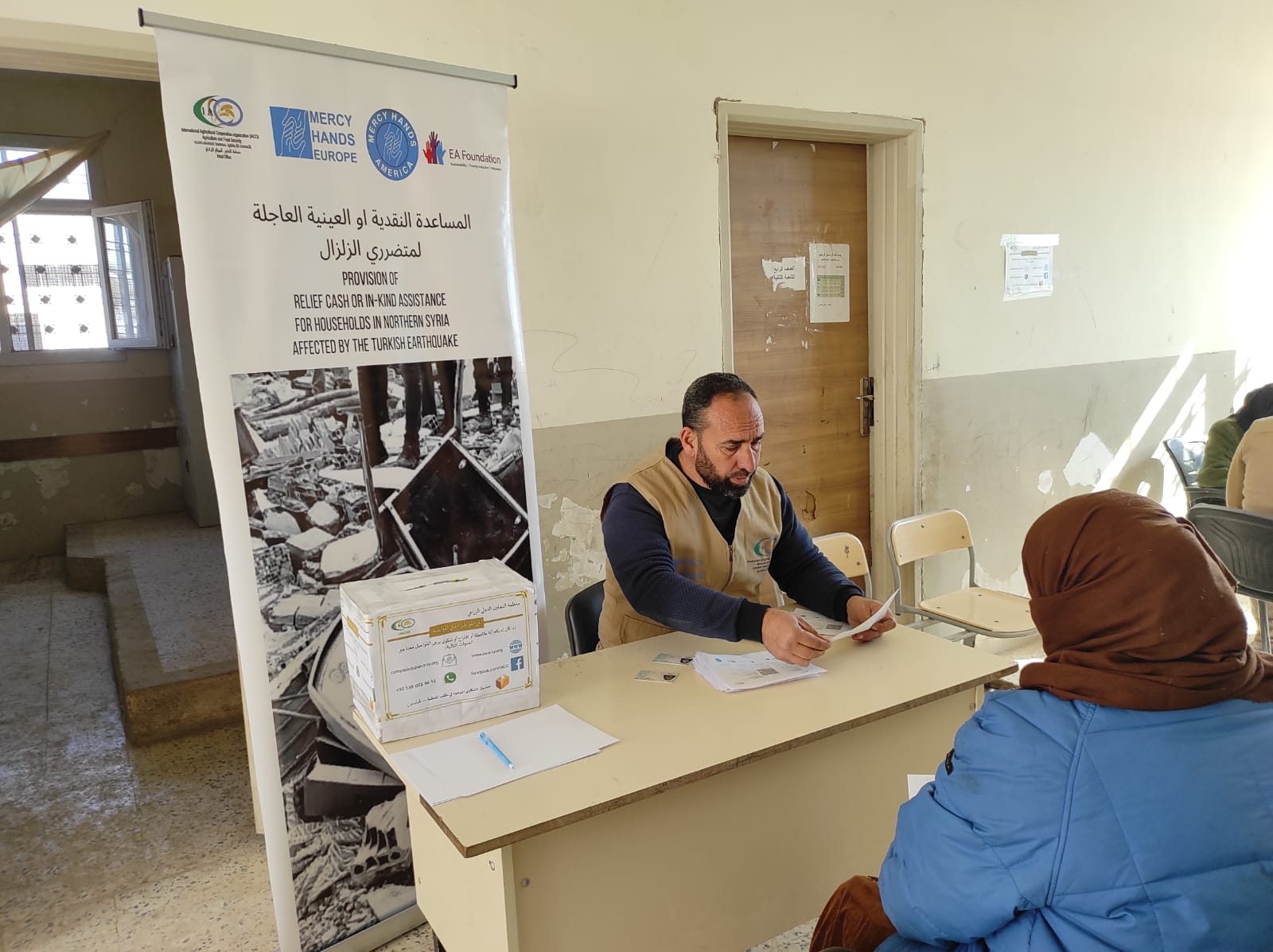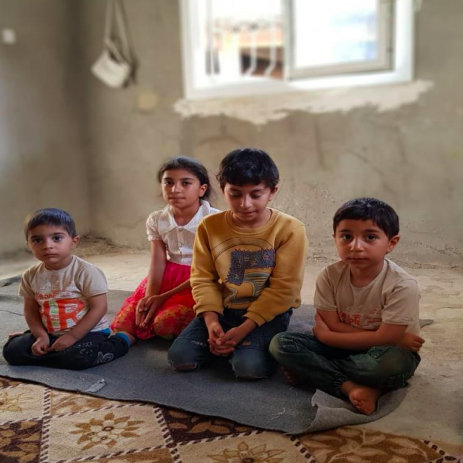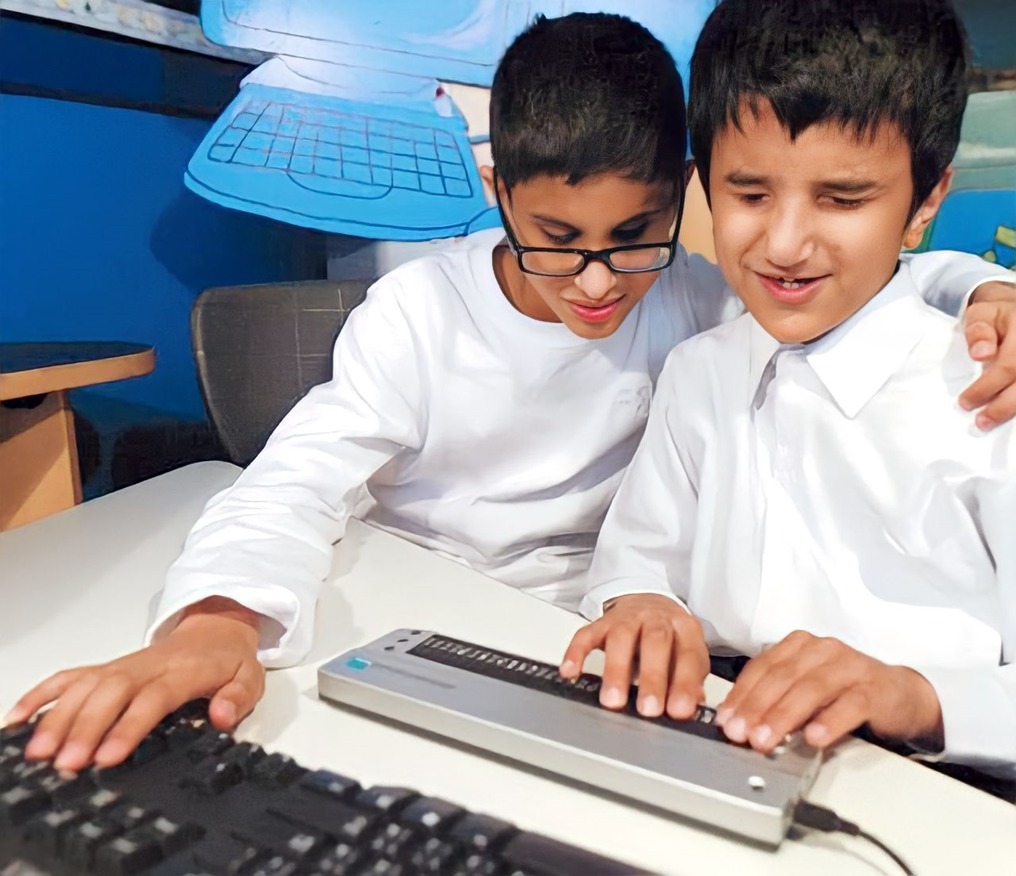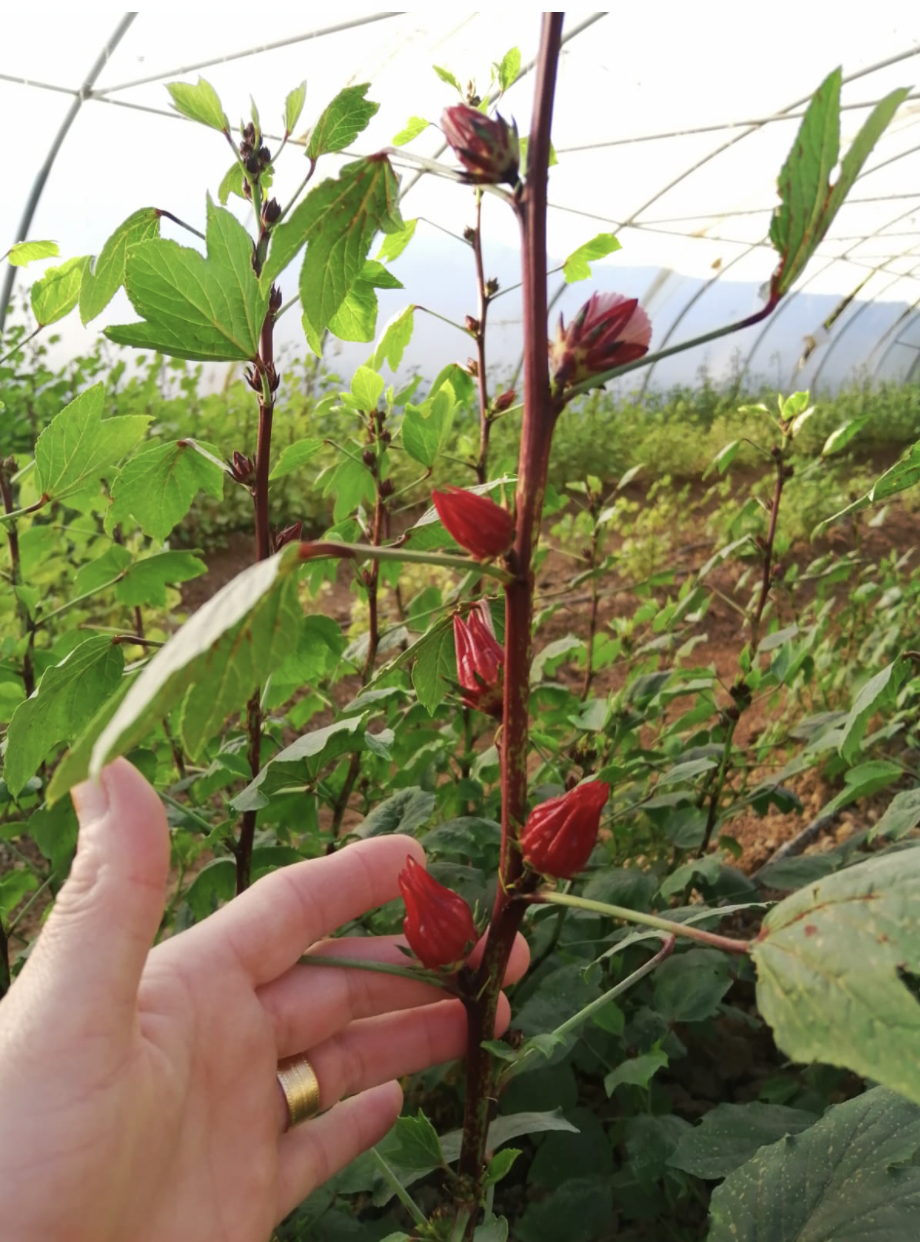When a population is faced with insecurity and a conflict situation, NGOs play a key role in disseminating information about the reality on the ground, thanks to teams which operate on the field.
Mercy Hands Europe was founded by the biggest Iraqi NGO (Mercy Hands for Humanitarian Aid) which is a major local expert in Emergency Response and Recovery in Iraq. We have learned from their experience working with them in Iraq. In 2020 we extended the emergency response also to other countries, such as Syria.
Now, our top priority is Ukraine. Since 24 February 2022, the situation within the country has deteriorated considerably due to the launch of military operations on Ukrainian territory, leading to the internal and external displacement of several million people.
Mobilising resources and raising awareness is essential to help the Ukrainian people to protect their rights. We have assessed the camps, in different locations throughout Ukraine, made publications on our social networks, including testimonies, we have written articles, raised awareness, to reach out the response of Switzerland and the international community to this humanitarian crisis.
We are now partnering with different organizations in the field and we are continuously scaling up our response.
